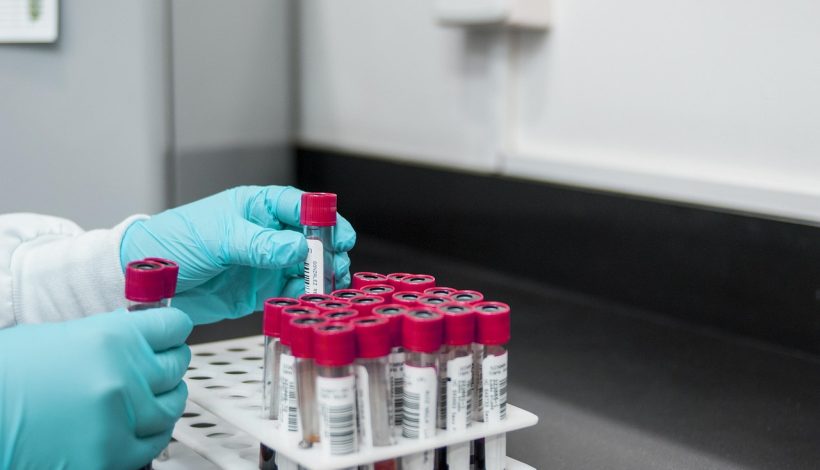By Rosie Moore, DNP, RN, LEHP, LNC, BC-FMP
Doctor of Nursing Practice | Functional Medicine Nurse Consultant
Many patients feel frustrated and confused after being told by their healthcare providers that their lab results are “normal,” yet they continue to struggle with symptoms like fatigue, brain fog, digestive problems, or unexplained pain. If this sounds familiar, you’re not alone—and it doesn’t mean your concerns are invalid.
So, what does “normal” really mean in lab testing? Conventional labs use broad reference ranges that cover a large portion of the population, primarily designed to detect overt disease or significant abnormalities. These ranges often miss subtle but important imbalances that can impact your daily health and well-being.
Functional medicine, on the other hand, focuses on “optimal” ranges—narrower parameters aimed at identifying early signs of dysfunction before full-blown disease develops. For example, your thyroid-stimulating hormone (TSH) may fall within the conventional normal range but be high enough to cause fatigue, weight gain, or mood changes. Similarly, inflammation markers or vitamin levels can be technically “normal” but not ideal for your body’s optimal function.
When lab tests don’t explain your symptoms, it’s a signal to explore further. Functional medicine utilizes specialized testing beyond standard panels, such as comprehensive hormone profiles, gut microbiome analysis, nutrient and mineral panels, and advanced inflammatory markers. These tests provide a more complete picture of what’s really going on inside your body.
Understanding these nuances empowers you to make informed decisions about your health and work toward true root-cause healing rather than just masking symptoms.
If you’ve been told your labs are “normal” but you still don’t feel like yourself, a Functional Health Consultation can help. We’ll review your test results in detail, discuss your symptoms, and design a personalized plan that supports your body’s unique needs and promotes lasting wellness.
Initial Functional Health Consultation: $25.00
Click here to book your session
Contact:
Rosie Moore, DNP, RN, LEHP, LNC, BC-FMP
Doctor of Nursing Practice | Functional Medicine Nurse Consultant
Serving Orlando and Central Florida
407-760-1662 | rosie@jrmnurseconsultants.com
www.jrmnurseconsultants.com





